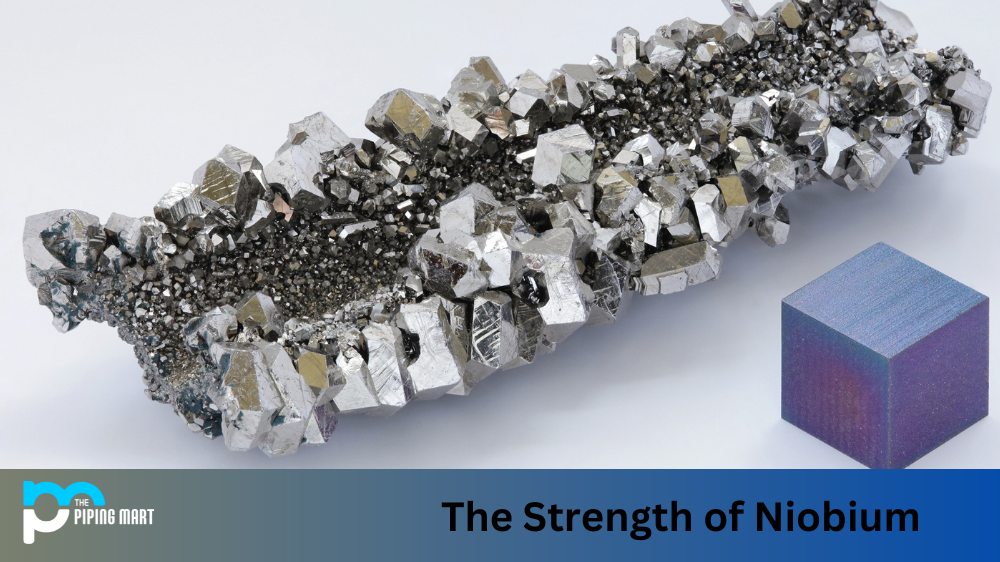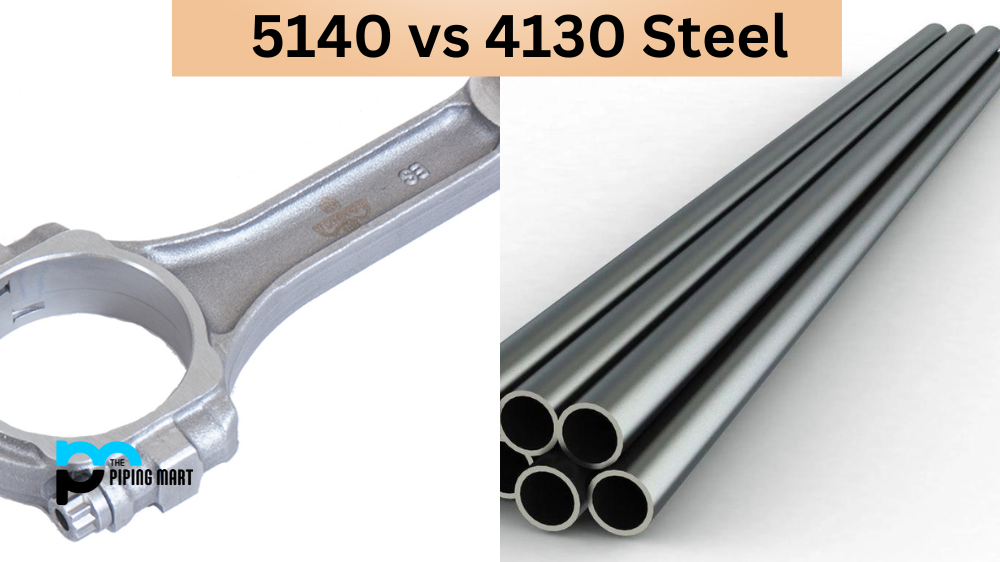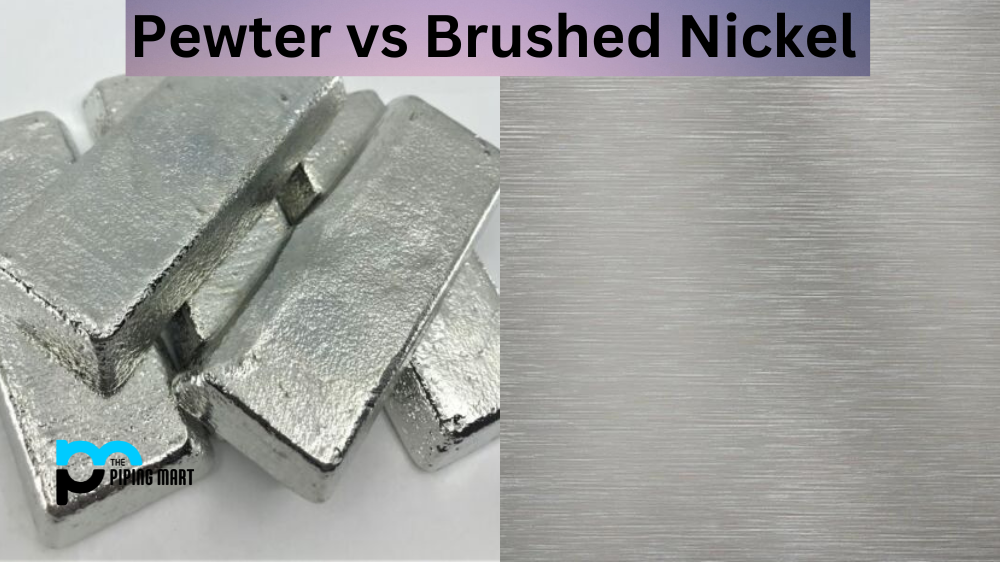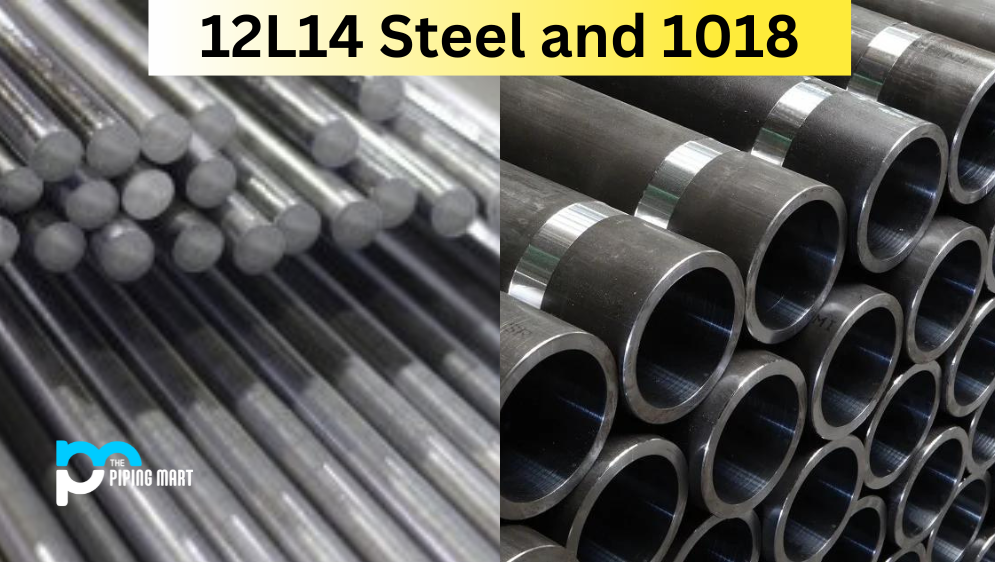Niobium is a chemical element that has many uses in modern industry. It has excellent corrosion resistance, making it ideal for use in medical implants and aircraft components, and it is also incredibly strong. But just how strong is niobium? Let’s take a look!
Niobium is relatively weak compared to other metals, with an average tensile strength of 287 MPa (megapascals). However, this doesn’t mean that it isn’t strong – the tensile strength of niobium is comparable to those of steel and aluminum alloys, both of which have higher tensile strengths than niobium. Additionally, niobium does have advantages over these materials when it comes to weight and corrosion resistance.
What makes niobium so strong despite its relatively low tensile strength? One factor is its high ductility. Ductility refers to a material’s ability to deform without breaking, and niobium has very high ductility. This means that it can withstand large amounts of stress without fracturing or cracking, making it an ideal material for construction projects or applications with heavy loads or frequent flexing. Additionally, the fact that niobium does not rust easily means it can maintain its strength even in harsh environments where other metals would quickly become compromised.
Conclusion:
While niobium may not be as strong as some metals, such as iron and titanium, its combination of strength and lightweight makes it an ideal material for many industrial applications. Its exceptional corrosion resistance ensures that it will retain its power even in hostile environments, while its high ductility allows it to withstand heavy loads without fracturing or cracking. For these reasons, engineers worldwide continue to turn to niobium as they search for materials capable of meeting their needs.

Meet Bhavesh, a seasoned blogger with a wealth of knowledge and experience. From metal products manufacturing to retail, Bhavesh has a diverse background in various industries and is dedicated to sharing his insights and expertise with readers.




